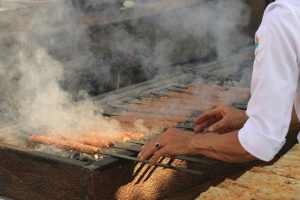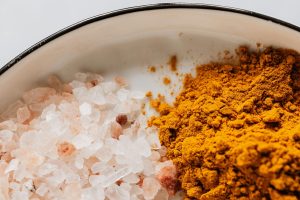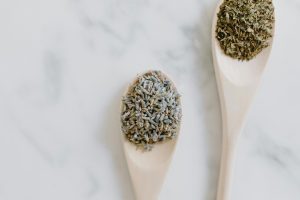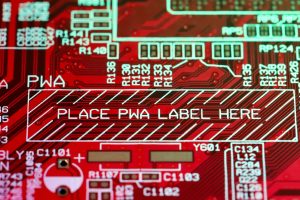The Importance of Water Quality in Cooking and Baking
When it comes to cooking and baking, there are many factors that can affect the final outcome of a dish. From the quality of ingredients to the cooking technique, each element plays a crucial role in creating a delicious and satisfying dish. However, one aspect that often goes unnoticed is the quality of water used in the cooking and baking process. Despite being a seemingly small detail, the type of water you use can have a significant impact on the taste, texture, and overall quality of your dishes. In this article, we will delve into the importance of water quality in cooking and baking and how it can make a difference in your culinary adventures.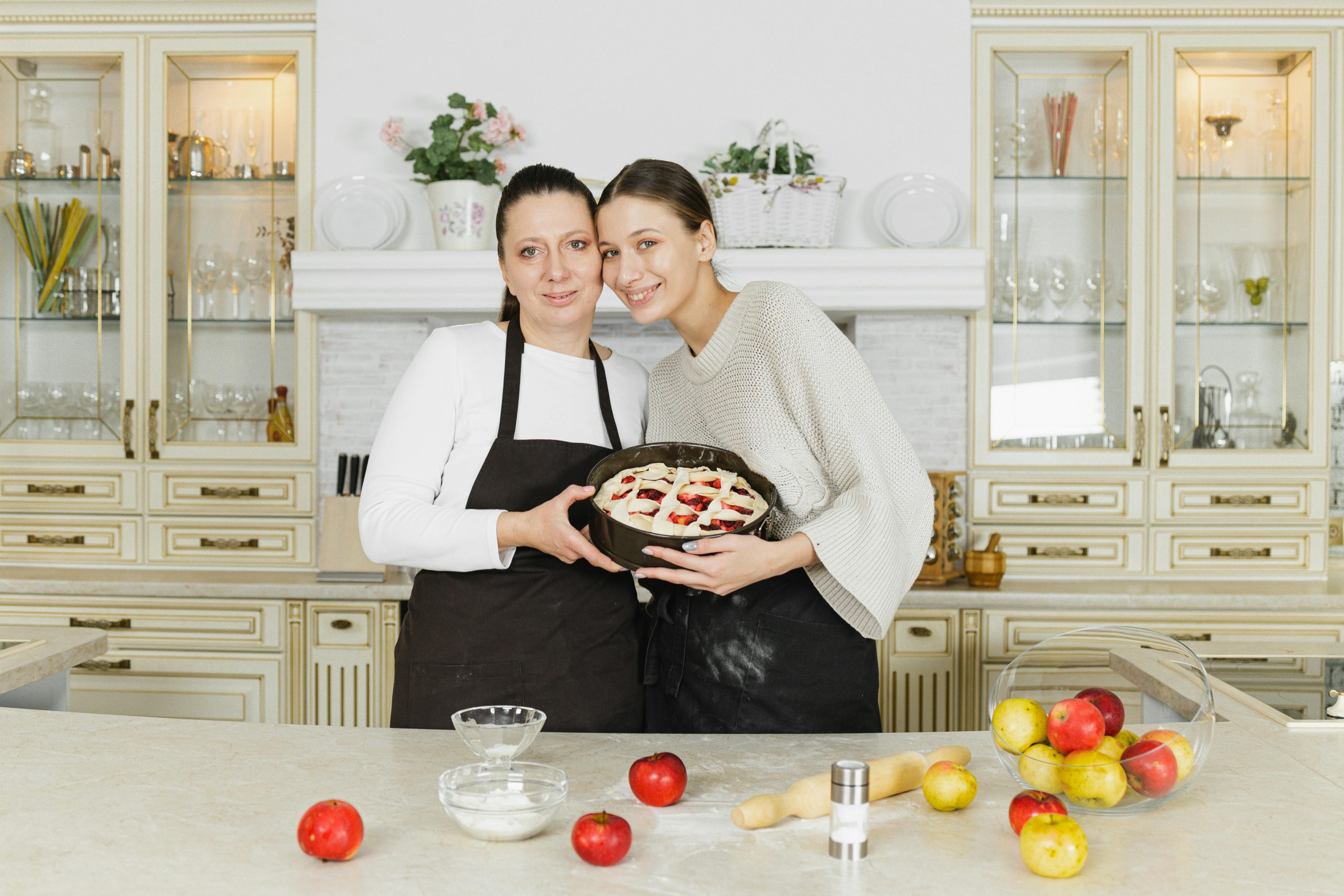
The Role of Water in Cooking and Baking
Water is an essential component in both cooking and baking. It is used in various ways, such as boiling, simmering, steaming, and mixing with ingredients. Not only does water help to soften and dissolve certain ingredients, but it also helps to distribute heat evenly, allowing for thorough cooking. In baking, water is crucial in creating a smooth and cohesive dough or batter. It also helps to activate ingredients like yeast and baking soda, which are responsible for making baked goods rise. Overall, water is a vital ingredient that affects the flavor, texture, and consistency of your dishes.
The Impact of Water Quality on Cooking and Baking
While we may assume that water is just water, there are actually different types of water that can impact the outcome of your dishes. The quality of water is determined by its mineral content, pH level, and any contaminants present. These factors can affect the taste, appearance, and texture of your food, making it crucial to use good quality water in your cooking and baking. Here are some of the ways that water quality can affect your dishes:
Taste and Aroma
Water with a high mineral content, also known as hard water, can have a distinct taste and odor. This can be unpleasant and can significantly alter the flavor of your dishes. Hard water can also make it difficult for flavors to be absorbed into your food, resulting in dull and bland-tasting dishes. On the other hand, using good quality water can enhance the flavors of your ingredients and create a more well-rounded and delicious dish.
Texture and Appearance
The mineral content and pH level of water can also affect the texture and appearance of your dishes. Hard water can make your food feel grainy or gritty, leading to an unpleasant mouthfeel. It can also make your dishes appear cloudy or discolored, especially when boiling vegetables or cooking grains. Using good quality water can help to maintain the natural colors and textures of your food, resulting in a visually appealing and pleasant eating experience.
Baking Results
In baking, the type of water used can significantly affect the end result. Soft water, for example, can result in a lighter and fluffier cake, while hard water can make it dense and heavy. Hard water can also prevent ingredients like yeast from activating, resulting in flat and dense baked goods. Using good quality water in your baking can help to achieve the desired texture and rise, making your creations more successful and enjoyable.
How to Ensure Good Water Quality
Now that we have established the importance of water quality in cooking and baking, here are some tips on how to ensure you are using good quality water in the kitchen:
Invest in a Water Filter
The most effective way to ensure good water quality is by investing in a water filter. There are various types available, such as carbon filters, reverse osmosis, and UV filters, which can remove impurities and contaminants from your tap water. This is especially beneficial for those living in areas with hard water.
Boil and Cool Your Water Before Use
If a water filter is not an option for you, another method is to boil and cool your water before using it in cooking or baking. Boiling water helps to reduce the mineral content and get rid of any impurities, making it safer and better tasting to use in your dishes.
Use Spring or Filtered Bottled Water
If you are in a pinch, using spring or filtered bottled water can also be a good option. These types of water typically have a lower mineral content and are free from contaminants, making them suitable for cooking and baking.
Conclusion
Water may seem like a minor detail in cooking and baking, but it can have a significant impact on the quality of your dishes. From taste and appearance to baking results, the type of water used can affect every aspect of your culinary creations. By ensuring good water quality, you can elevate the flavors, textures, and overall success of your dishes, making your cooking and baking adventures even more enjoyable. So, the next time you whip up a meal or bake a batch of cookies, don’t forget to pay attention to the water you’re using.

